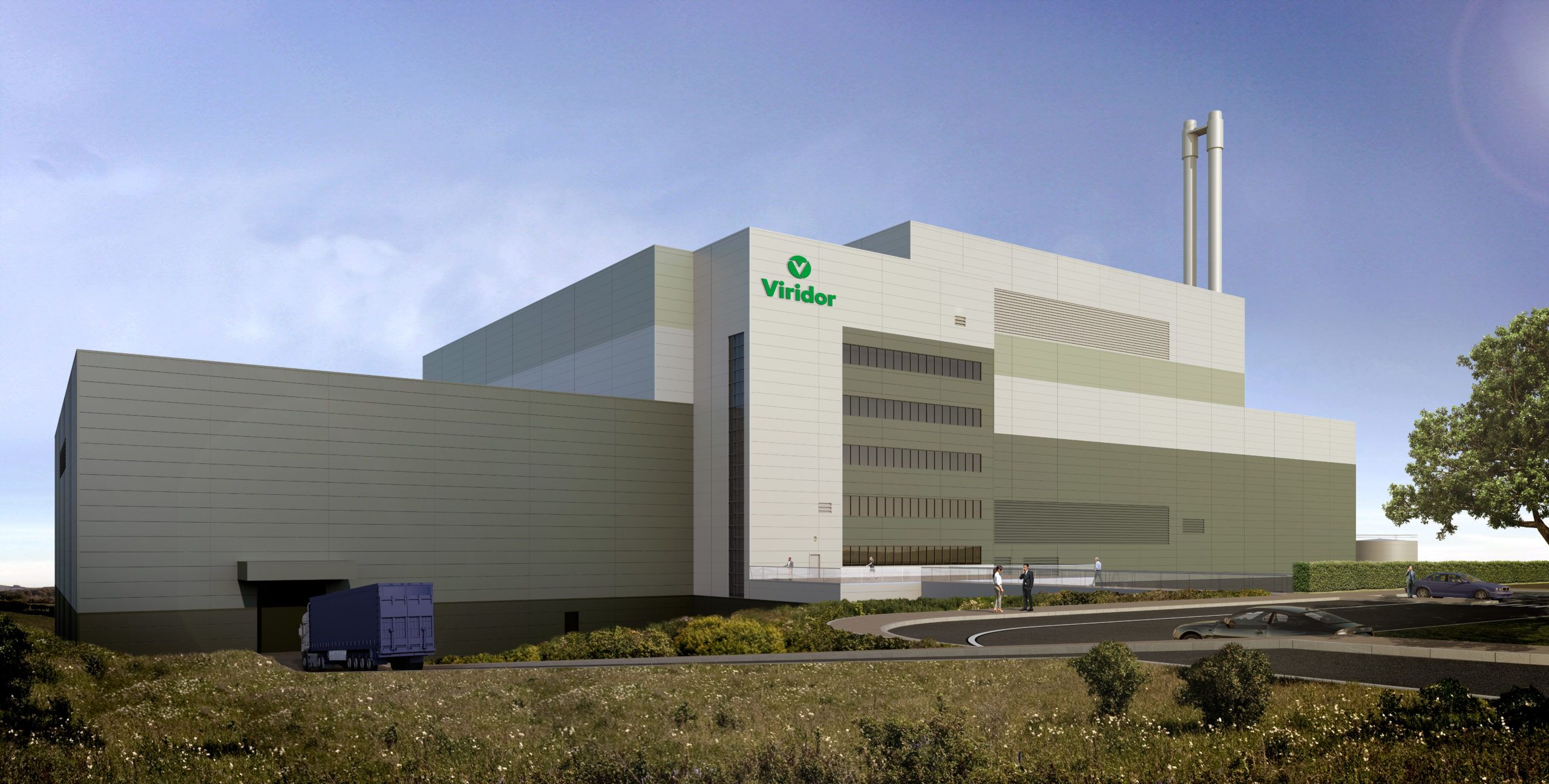
Carbon capture won’t limit the damage of incineration – it’ll make it worse
Incinerators are some of the biggest sources of pollution in Scotland. When waste is burnt, emissions are released into the atmosphere, reducing air quality for locals and contributing directly to climate change.
Recent claims that carbon capture and storage will be able to limit the damage of this are misguided – unless emissions from incinerators are cut dramatically, they will seriously jeopardise efforts to create a more sustainable future.
Until recently, the problem of incineration had largely gone unnoticed – recycling rates have stagnated for a decade whilst application after application for new incinerators have been quietly approved by local authorities, desperate to reduce the costs of clean up by burning waste away.
However, this year the Scottish Government commissioned an independent review of the role of incineration in Scotland that has exposed that Scotland’s habit of burning waste is now out of control.
Operators are making false claims about carbon capture and storage
Rather than ending the practice of sending precious resources up in smoke – 60% of Scotland’s waste could have been recycled – operators claim that they can reduce the impact of their incinerators with carbon capture and storage.
Carbon capture is when polluters attempt to capture the emissions from a site instead of letting it escape into the atmosphere. They then attempt to transport this captured carbon to a storage site where it will need to remain forever.
Viridor is the largest waste operator in the UK and manages the biggest incinerator in Scotland: the Dunbar Energy Recovery Facility. This year, Viridor confidently stated in a report that it will “achieve net zero emissions by 2040” by using carbon capture – but this is unrealistic.
There is not a single operational carbon capture and storage plant in the UK or EU, and almost no plans to retrofit the technology to incinerators. The unproven and expensive technology has a history of over-promising and under delivering.
Carbon capture and storage typically takes 6-10 years to deploy, so existing incinerator plants could be belching out greenhouse gas emissions for half of their expected life span before a single tonne of carbon is theoretically captured. Europe’s flagship CCS incinerator plant, the Amager Resource Centre in Copenhagen announced this month that it would fail to meet its CO2 capture requirements, meaning the city would miss its goal to become carbon neutral by 2025.
This is not the greatest problem with carbon capture and storage and incinerators though. Incineration is fundamentally unsustainable. Put simply, you can’t reuse or recycle material if you burn it.
If operators invest in carbon capture technology, they will lock Scotland more deeply into waste management practices which result in us needing to take more resources from nature.
How to reduce the damage caused by incineration
There is only one realistic way of rapidly limiting emissions from incinerators – don’t burn waste in the first place. There are three steps to this.
The Scottish Government has already taken the first step by banning new applications for incinerators.
Next, it must look to those plants with planning permission but which have not been built yet. Viridor recently abandoned plans for an incinerator in South Lanarkshire which would have been even larger than Dunbar – perhaps it has realised the market for new incinerators is failing. The Scottish Government may be able persuade others to abandon their plans too.
Finally, emissions from operational plants could be dramatically cut by immediately stopping burning plastic. 99% of plastic is made from fossil fuels – if they are burnt they release carbon into the atmosphere which contributes directly to climate change. Waste plastic can be easily separated from the rest of the waste stream to be recycled instead.
Incinerators have proven to be a mistake, we shouldn’t compound this by adding carbon capture and storage. Instead, let’s ditch incinerators for good and choose a more sustainable future for Scotland.
